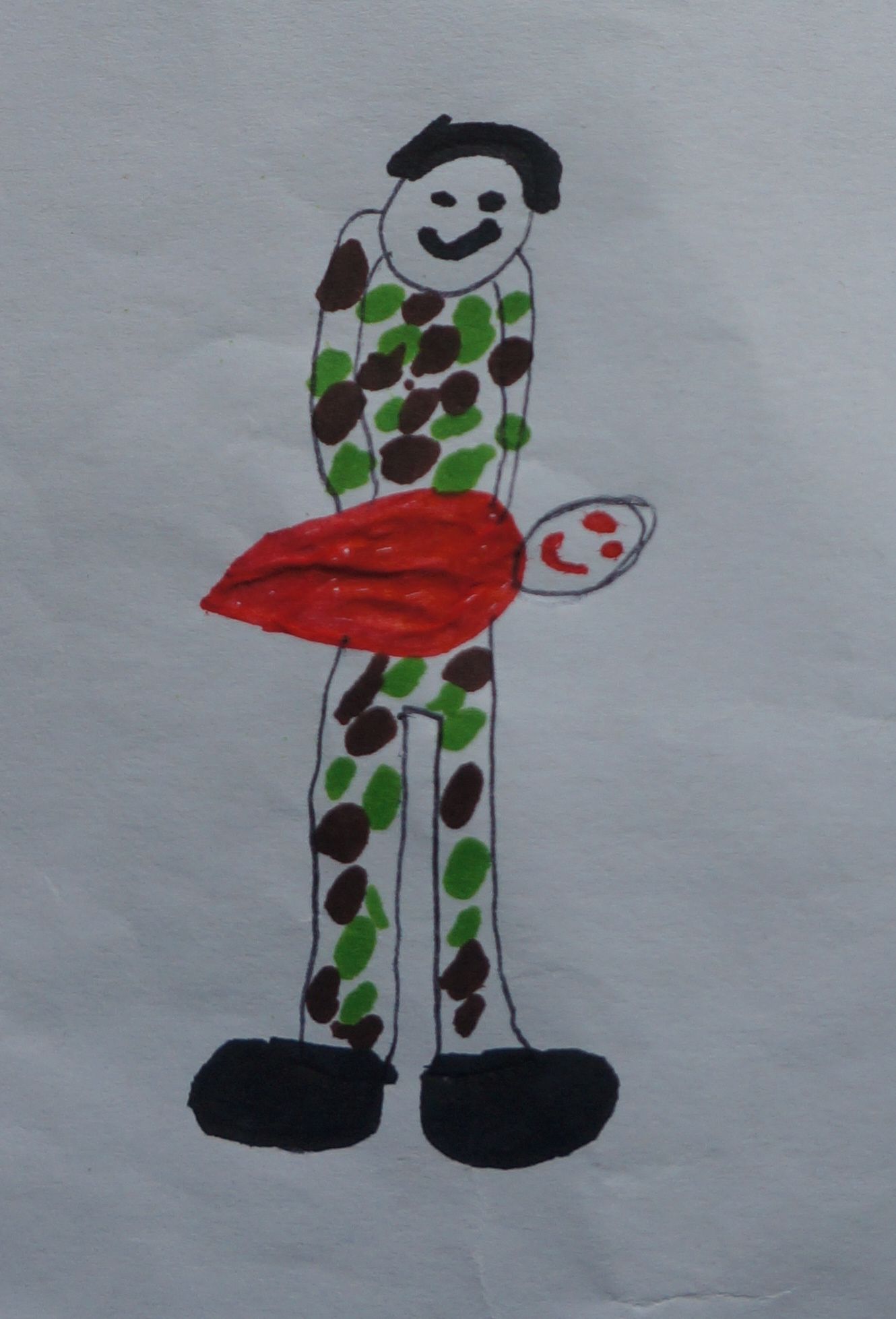Photo taken by Clare Lee in the course of her research
Children with a parent, step-parent or parents serving in the British armed forces are often considered as a single cohort, and either in terms of risk or of resilience (e.g. NATO, 2019; Ofsted, 2011; Rowe et al., 2014). A desire to draw long-overdue attention to service children’s welfare, or a desire to address children’s problems because these “ultimately, affect the operational readiness of the serving member” (NATO, 2019, p. ES-1), leads some researchers and stakeholders to focus on service children as at risk of a variety of emotional, social, educational or behavioural problems (e.g. Fear et al., 2018; Thandi et al., 2017). Others take a different view and emphasise service children’s resilience, often to resist a negative framing of the children, but sometimes to deflect criticism about policies that work against children’s interests, or even to evade the responsibility for making changes (McCullouch et al., 2018).
While it is important to gain a big picture of cohorts, and to conduct comparative research, there is also a need for in-depth, qualitative research which takes real service children, rather than concepts, as its starting point. The trouble with the concepts of risk and resilience is that they rely on norms, on assessing children against what we consider to be normal functioning. These norms are culturally determined, as are the methods used to measure them. Also, while psychological researchers may use the concepts in specific ways, their use in public, media and practitioner discourses may be woolly. What to some may seem a perfectly normal reaction to challenging circumstances – a temporary clinginess after moving home or during a parent’s deployment, for example – may be interpreted by others as an emotional or behavioural problem. Resilience is also a fuzzy term: children may be deemed resilient simply if they can cope with certain societal or institutional expectations (Masten, 2001), or at least look like they are coping. A focus on risk and resilience locates problems and successes within the child, or sees the child as a sort of unreliable cog within a system. Yet children lead infinitely complex and nuanced lives, entangled within and actively responding to an always-unique combination of circumstances. The danger with risk-or-resilience thinking is that we may end up pigeonholing children and either searching for one-size-fits-all solutions to their differing and ever-changing needs, or assuming that all is well and failing to acknowledge the considerable challenges many service children face in their everyday lives.

